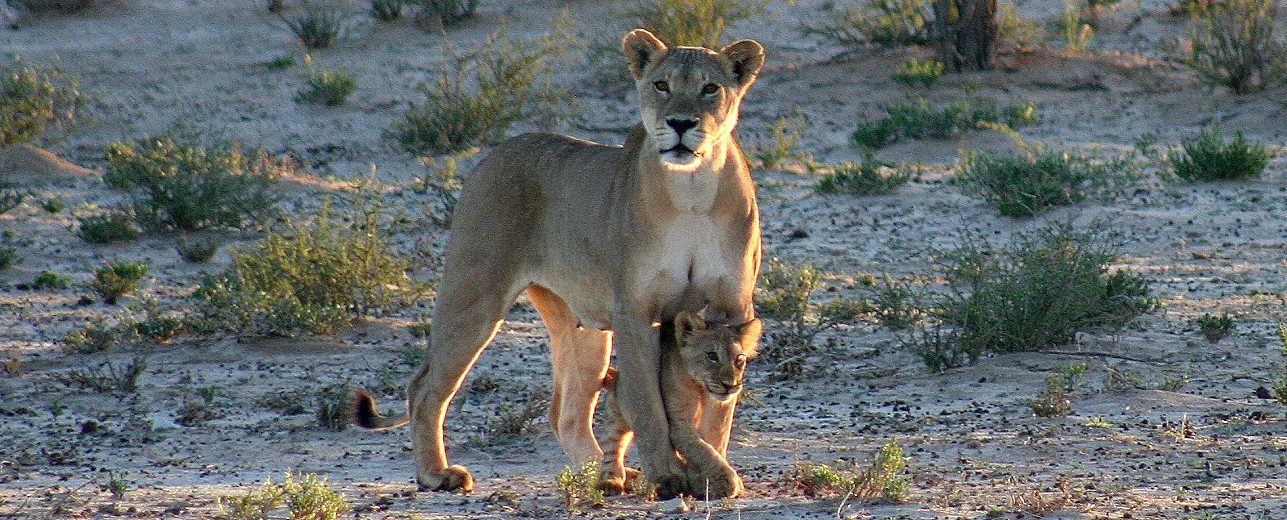It’s May in the Kgalagadi and the tsamma melons are thick on the ground. Their creepers snake across tracks and up bushes where their green orbs hang like Christmas tree decorations. In the same spirit of Christmas, tsammas are gifts to those who live in the Great Thirstland.
“We use them for our livestock,” says Freddy Mattys, a resident of Struizendam, a tiny settlement in south-western Botswana. “They’re a source of water during the dry season.”
Antecedent to the watermelon, tsammas are essential to the survival of many species during the dry winter months. Their abundance not only signals a good (by Kgalagadi standards) rainy season but more ominously a potentially longer dry season – more extreme weather patterns being a symptom of climate change.
Change is something the Struizendammers have had in spades in the past century. Mattys’s forefathers, Bushmen hunter-gatherers and Nama pastoralists, roamed this corner of southern Africa pretty much as they liked until well after the pie-cutting of colonial Europeans into the Bechuanaland Protectorate, German South West Africa and the Union of South Africa.
But with independence, globalisation and the juggernaut of climate change bearing down on them, things are different now.
“The old days are gone but we have taken the old knowledge that is still useful,” says Mattys. “Like the wells our ancestors built, we still maintain and use them. And now we also have tourism.”
Mattys is employed in maintenance at a new lodge on the Botswana side of the Kgalagadi Transfrontier Park. For him tourism doesn’t only mean having a paying job though. It also means reconnecting with the old ways on a deeply emotional level. “The old people would be happy to see us back in the park,” he says with a shy smile. “Here we can meet the animals again.”
Tourism is seen as a development tool in several African countries. Its benefits are outlined by Mattys: “It’s a source of income for us, as well as a future for our kids. We learn confidence in ourselves and we learn about other countries.”
On another level tourism also inculcates sustainability – a concept with which Botswana’s indigenous people are well seasoned. “[Wild] animals are the future. The wells might dry and then our livestock will die because they need water. We need the other animals,” Mattys explains.
This part of the Kgalagadi (the original name for the Kalahari and translated loosely as ‘dry motherland’) receives an average rainfall of just 200 mm a year. It’s a harsh environment where the relentless pummeling of the parched land is mirrored in the faces of people. Climate change means it will only get drier for the people who call it home.
To the likes of Mattys the level of the wells and the abundance of tsammas are matters of life and death. And now there is tourism.
